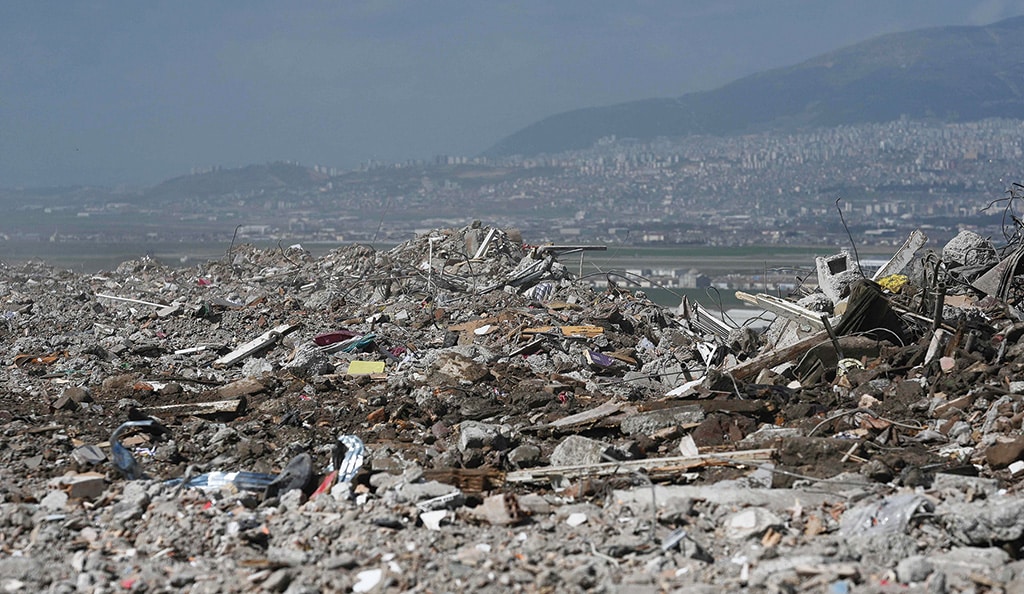RIYADH: Saudi Arabia said Monday it was depositing $5 billion in Turkey's central bank, a potentially major boost as the country grapples with inflation and damage from last month's earthquake ahead of presidential elections. Ahmed Al Khateeb, the Saudi tourism minister and board chairman of the Saudi Fund for Development, signed an agreement with Turkish central bank governor Sahap Kavcioglu "to make a significant $5 billion deposit", the Saudi government said in a statement.
"This deposit is a testament to the close cooperation and historical ties that exist between the Kingdom of Saudi Arabia and the Republic of Turkey and its brotherly people," the statement said. The decision, which will shore up Turkey's foreign reserves and help it combat inflation, was made on the order of King Salman and Crown Prince Mohammed bin Salman, it said.
Turkey was already suffering from skyrocketing inflation and a weakening currency before last month's massive 7.8-magnitude earthquake that rocked huge swathes of the country and parts of Syria, killing more than 50,000 people. With elections just a few months away, Erdogan must now absorb economic damage estimated at more than $34 billion by the World Bank.
On Friday, United Arab Emirates and Turkey signed a free trade agreement - the latest step in improving ties long strained by regional disputes. For Turkey, the pact comes ahead of elections on May 14 as President Recep Tayyip Erdogan sticks with contested economic policies that have deterred many foreign investors. "The signing of the Comprehensive Economic Partnership Agreement with my friend @RTErdogan strengthens the partnership between the UAE & Turkey," Emirati President Sheikh Mohamed bin Zayed Al-Nahyan said on Twitter.
The pact "builds on our longstanding ties to deliver further growth, opportunity & stability for our countries & our people," he said. Turkish Trade Minister Mehmet Mus attended the signing in Abu Dhabi during a video summit between Sheikh Mohammed and Erdogan. The pact aims to eliminate or reduce customs duties on 82 percent of goods and products, accounting for more than 93 percent of non-oil trade, the official WAM news agency reported.
Non-oil exchanges between the two countries reached $19 billion last year, up 40 percent on the previous year and 112 percent from 2020, WAM said. "It is expected that the agreement will contribute to increasing non-oil bilateral trade to $40 billion annually within five years, while also creating 25,000 new job opportunities by 2031," the news agency added. - AFP











